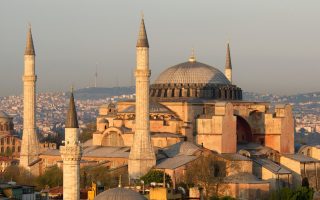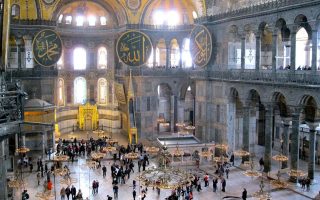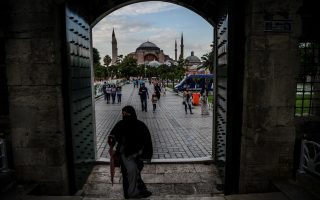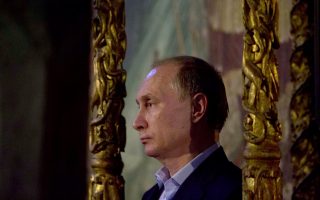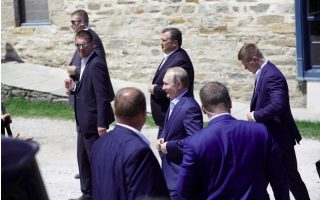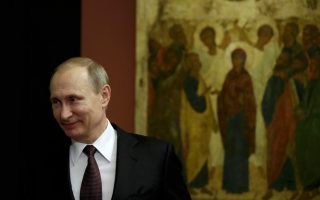Pan-Orthodox Synod in doubt amid inter-church wrangling
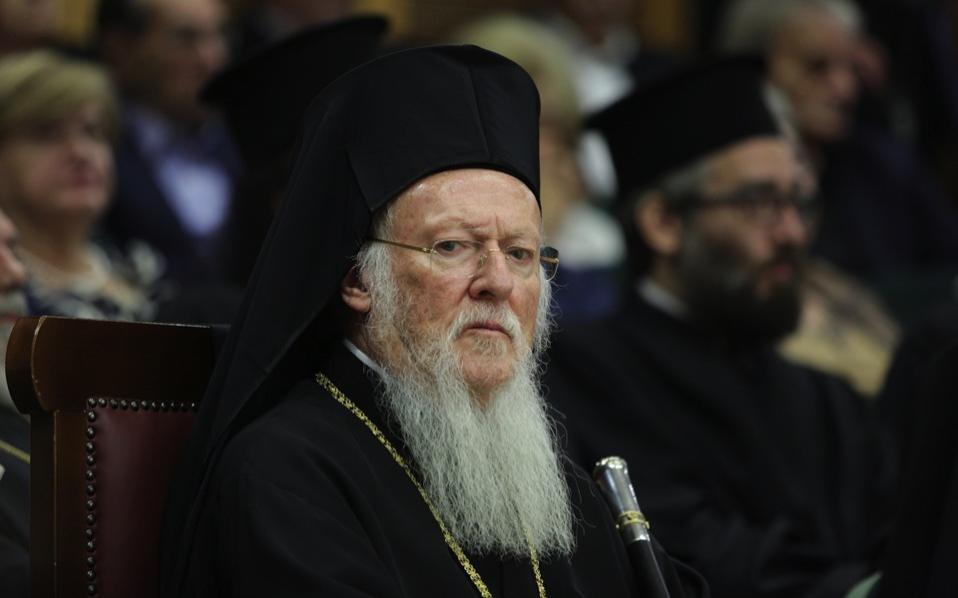
Plans to bring together leaders of all the world's Orthodox churches for the first time in more than a millennium appear in jeopardy amid the wrangling over the meeting's agenda, with the Russian Orthodox Church warning that the gathering would make no sense if at least one church fails to attend.
Istanbul-based Ecumenical Patriarch Vartholomaios I, who ranks as "the first among equals" hoped that the gathering of leaders of 14 independent Orthodox churches later this month on the Greek island of Crete could promote unity among the world's 300 million Orthodox Christians.
However, after 55 years of preparation, the fate of the Holy and Great Council appears in doubt now after the Bulgarian Orthodox Church last week declared its refusal to attend citing differences over the agenda.
Unlike the Roman Catholics, the Orthodox churches are independent and have their own leadership.
Vartholomaios I's Ecumenical Patriarchate of Constantinople – which has been the driving force behind efforts to convene the pan-Orthodox synod — said Wednesday that no church has yet notified that they will not be participating.
But the Moscow Patriarchate, which leads the world's largest Orthodox flock of an estimated 100 million believers, warned that the decision of the Bulgarian church and similar moves being considered by some other churches presented a serious obstacle to holding the synod.
Hilarion, a bishop who heads the Moscow Patriarchate's department of external church relations, said Tuesday in televised remarks that the Council should help unity and not present "any unpleasant surprises."
He noted that the Moscow Patriarchate had proposed holding a preliminary meeting to discuss the controversial issues raised by the Bulgarian church and others.
"If these issues are resolved, it means that the Council will be held," Hilarion said. "If they are not, it will be better to postpone it."
As the Moscow Patriarchate has insisted, decisions made by the synod will require unanimous approval. Hilarion argued that if at least one church fails to attend the gathering, "it will mean a lack of consensus."
"What kind of legitimacy will the Council have? How will its decisions be seen by a church refusing to attend?" he asked.
Orthodox church leaders haven't held such a meeting since the year 787, when the last of the seven councils recognized by both Orthodox and Catholics, was held. The "great schism" that divided the Roman Catholics and the Orthodox followed in 1054 amid disputes over the Vatican's power.
Russian Orthodox Church spokesman Vladimir Legoida warned that the Constantinople Patriarchate's failure to date to heed the Moscow Patriarchate's call for a preliminary meeting before the council means that the differences remain unresolved.
"It represents a crisis in preparations for the pan-Orthodox event, since the Council makes no sense without full participation," he said in Wednesday's remarks carried by the Tass news agency, stopping short of saying how the Moscow Patriarchate will act.
[AP]
